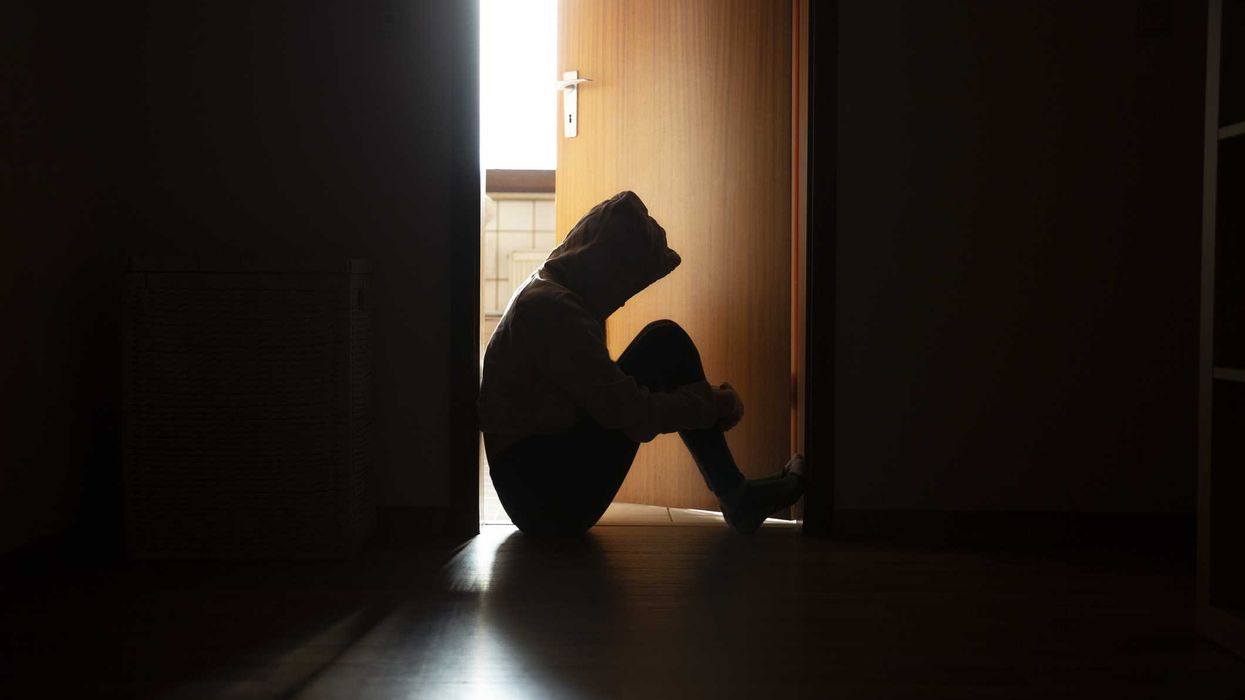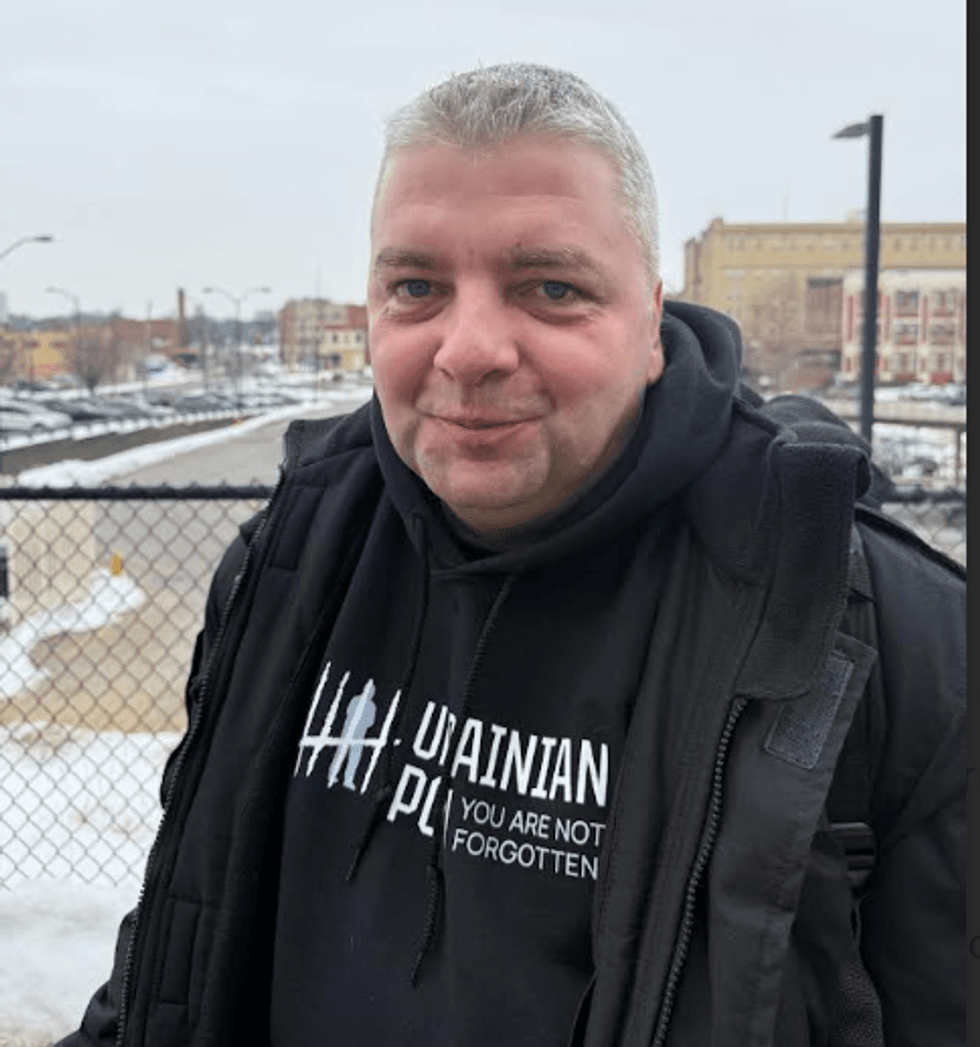Across America—and especially here in Mississippi—we are witnessing a crisis that can no longer be ignored. It is not only a crisis of youth behavior, but a crisis of parental absence, Caregiver absence, and societal neglect. The truth is hard but necessary to face: the problems plaguing our young people are not of their creation, but of all our abdication.
We have, as a nation, aborted our responsibilities long after the child was born. This is what I call “The Aborted Generation.” It is not about terminating pregnancies, but about terminating purpose and responsibilities. Parents have aborted their duties to nurture, give direction, advise, counsel, guide, and discipline. Communities have aborted their obligation to teach, protect, redirect, be present for, and to provide. And institutions, from schools to churches, have aborted their prophetic role to shape moral courage, give spiritual guidance, stage a presentation, or have a professional stage presence in the next generation.
Today’s youth are being raised not by elders but by algorithms. They seek wisdom on Google, affirmation on TikTok, likes and hearts on Facebook, Instagram, X (formerly Twitter), and identity through the eyes of strangers on Snapchat. The home, once the first classroom, has become silent, replaced by phones, screens, tablets, noise, toys, courtrooms, prison dayrooms, and more frequently the cemetery. Too many parents have chosen comfort over correction, friendship over firm love, and convenience over consistency and chastisement.
But the failure extends beyond the family. Society at large has normalized neglect. We glorify rebellion in music, reward vanity in media, and confuse visibility with value. Even the church at large, my own beloved institution, the core of my being, has sometimes become more invested in attendance than accountability, more focused on programs, personalities in the pulpit, performance than principles, standards and structure.
We are seeing the fruit of our collective withdrawal. Children are brilliant but broken, confident but confused, connected but cold, creative yet cruel, distinguished but disconnected, extraordinary but easy, fearful yet fearless and separated from truth. They are attempting to navigate life without a compass because the adults who were supposed to hand it to them were too busy, too bitter, too buff, too beautiful, too boogie, or too broken to do so.
The Family in Decline
The numbers confirm what our eyes already see. Nationally, only 65% of children live with two married parents—a steady decline from previous generations (childstats.gov). In Mississippi, that number drops even further: 44% of children live in single-parent households, one of the highest rates in the nation (magnoliatribune.com).
Behind every statistic are children struggling to find balance in homes where one parent is often forced to carry the entire load. According to the Mississippi Office of the State Auditor, fatherless male prisoners cost the state $180 million annually in incarceration expenses, while 70% of high school dropouts come from fatherless homes (osa.ms.gov). These are not just numbers—they are warning lights flashing across our state’s conscience.
When we talk about poverty, we must also talk about parenthood. Nearly 47.6% of single-mother households in Mississippi live in poverty, compared to much lower rates among two-parent homes (mississippifreepress.org). The problem is not just economic—it’s emotional, moral, and generational.
Children Raising Themselves
Without present and engaged parents, youth are being “parented” by digital influencers instead of real mentors. Studies show that father absence increases the risk of depression, loneliness, and substance abuse in adolescents (pmc.ncbi.nlm.nih.gov). Young people without stable adult guidance are more likely to drop out, face incarceration, or struggle with identity and belonging (fathers.com).
In other words, absence is not neutral; it is a seed of chaos. When family breaks down, so does community. And when a community fails, the nation suffers.
A Biblical Mirror: The Untoward Generation
The Bible speaks directly to this moment. In the Book of Acts, Peter calls on the people to “save yourselves from this untoward generation.” That word—untoward—means wayward, misdirected, bent away from what is right. When I look at today’s culture, I see that same turning away: away from God, away from order, away from accountability, away from boundaries, away from discipline, away from caring, away, away, away, away, away. A generation untoward what is right and moral, untoward accountability, untoward the Bible, untoward direction, untoward chastisement untoward family and friends.
If we are to rescue this generation, we must first repent as adults and forgive ourselves. We must admit that we have been absent while blaming the children for being lost. The healing of this generation begins when we reclaim our rightful place in their lives, not as spectators, but as stewards.
Parents must come home, not just physically, but emotionally and spiritually. Educators and community leaders, media outlets must re-embrace moral leadership, not just management. Churches must return to discipleship, not just entertainment. And policymakers must stop criminalizing the symptoms of youth despair and start addressing its roots: broken homes, underfunded schools, and hopeless, neglected neighborhoods.
The Untoward Generation, as I call it, is not beyond redemption. What is broken can be rebuilt. But we must stop outsourcing our children’s souls to social media, cell phones, tablets, toys, the latest fads and fashions, and start investing our time, wisdom, and faith back into their lives.
Our youth are not the problem—they are the reflection of our rejection and absence. And until we confront the mirror with honesty, courage, and compassion, the crisis will not only continue but escalate.
It is time for parents, pastors, teachers, media, and neighbors to reoccupy the space we abandoned. Because the truth is simple: when we abort our responsibilities, we give birth to chaos. But when we reclaim them, we give rise to hope.
Mississippi’s Crossroads
In Mississippi, the need for family restoration is urgent. Our state consistently ranks among the highest in child poverty and lowest in educational outcomes (census.gov). The economic cost of child care challenges alone is estimated at $659 million annually in lost productivity (ffyf.org), with too few resources reaching the families most in need. When parents can’t be present because they’re overworked, underpaid, or unsupported, our children pay the price in ways no statistic can fully capture.
A Call to Return
The Untoward Generation, as Pauline Rogers calls it, is not beyond hope, but hope requires honesty. We cannot heal what we refuse to acknowledge. Our youth are not the problem; they are the reflection of us, we the problem, and we the people. And until we confront that mirror with courage and compassion, the crisis will deepen.
It is time for parents, pastors, teachers, and neighbors to reoccupy the space we abandoned. Because when we abort our responsibilities, we give birth to chaos. But when we reclaim them, we give rise to hope.











 Maksym Butkevych
Maksym Butkevych








Trump & Hegseth gave Mark Kelly a huge 2028 gift